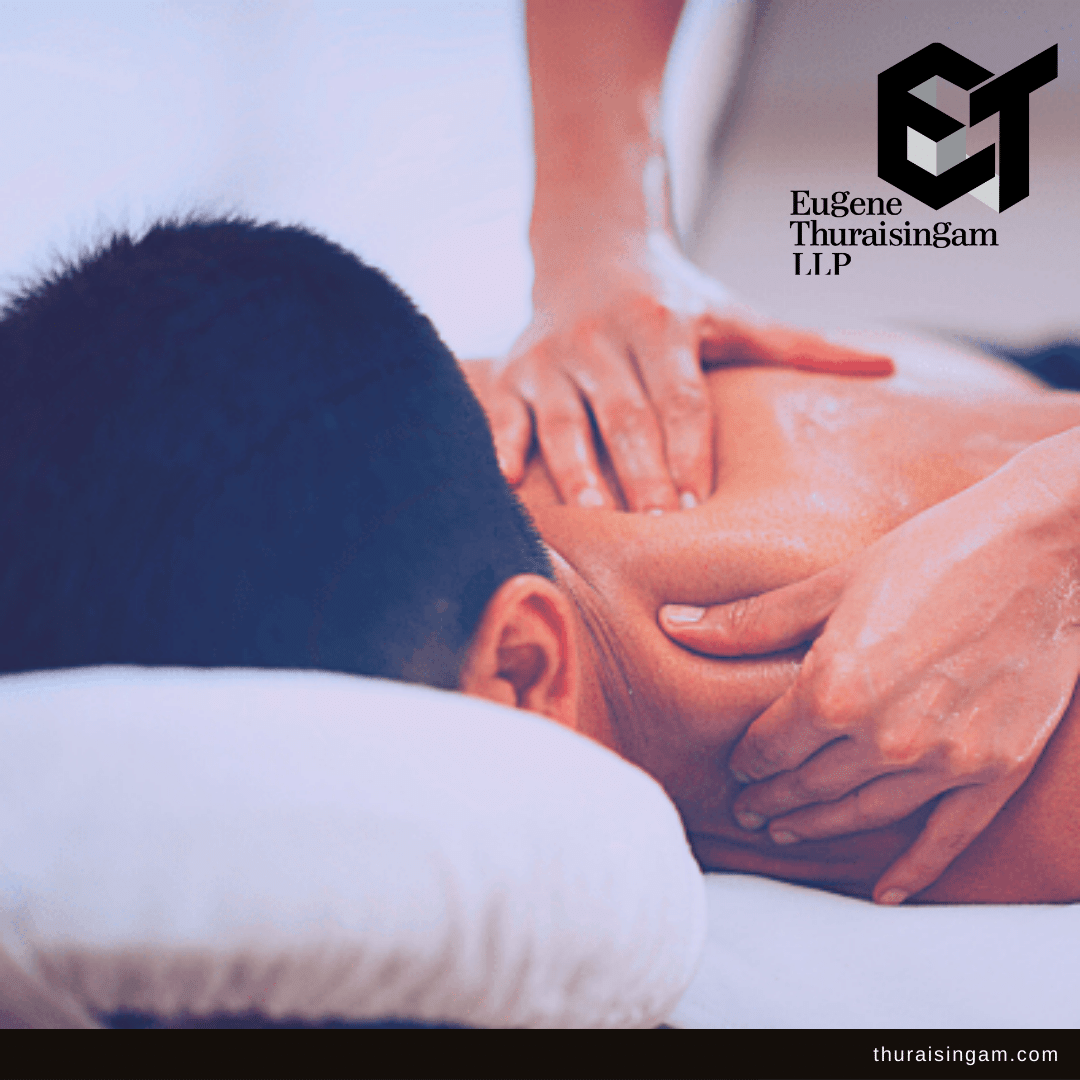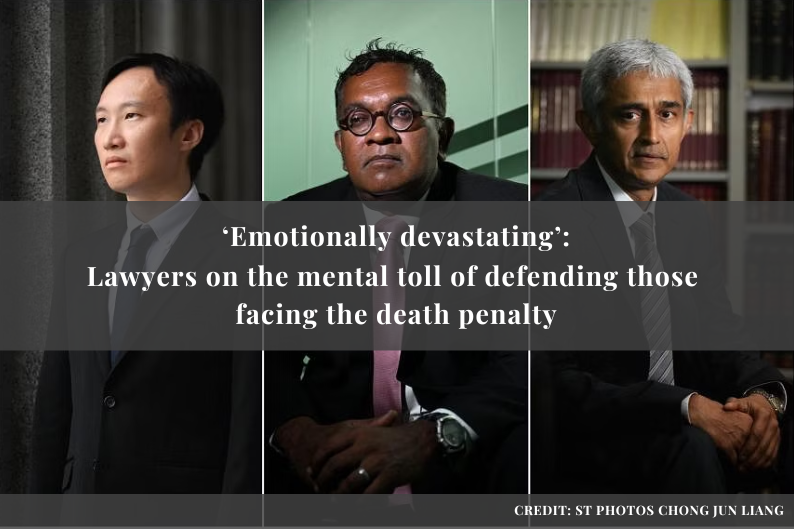COVID-19: To Charge or Not to Charge?
Charged and Sentenced under COVID-19 regulations
1. Breaching of COVID-19 Regulations
Over the past few months, people have been charged and sentenced for breaching COVID-19 regulations, including a woman who was fined for letting a man into her home for massage and masturbation services. Court documents did not name nor reveal the identity of the man. Some other cases include a man who was fined for meeting his cousin-in-law for dinner but court papers did not mention any action taken against his cousin-in-law.
2. Why some of the accused were charged and some were not?
This sparked questions on social media platform as to why the accused in some cases were charged and others were not charged.
The answer lies in the idea of prosecutorial discretion. Under Article 35(8) of the Constitution:-
The Attorney-General shall have power, exercisable at his discretion, to institute, conduct or discontinue any proceedings for any offence.
Responding to CNA’s questions, the Attorney-General’s Chambers (“AGC”) said:
“The prosecution will take into account a variety of factors, including the severity of the breach and the culpability of the offender.”
3. Jing Yen comments in CNA
Our partner, Chooi Jing Yen was also approached by CNA for his views on why some people may not be charged.
In the case of a woman who let a man enter her home for massage and masturbation services during the circuit breaker period, the woman was charged and fined S$7,000. The court documents did not reveal the identity of her client. Jing Yen said that while the procurement of sex services is not illegal, the customer would arguably have committed an offence of abetment if he knew that such services would have to breach safe-distancing regulations.
Jing Yen told CNA:
The procurement of sex services is not illegal. Prostitution is in fact legal in Singapore. The nuance is in the prohibitions surrounding this.
This has always been an inherent tension in our legislation. For example, pimping or living off the earnings of a prostitute, running a brothel, forcing someone into prostitution and trafficking women and girls for the purposes of prostitution are all illegal under the Women’s Charter.
This explains why (the woman) was not charged for sex work. Of course, a separate offence may be made out if she had entered Singapore based on a work permit or employment pass that they would be doing other work, but this would be an immigration or employment offence, not a sex offence.
In the case of Robertson Quay where seven people were charged for flouting COVID-19 regulations, Jing Yen said “more egregious offenders may be charged and the others not, in AGC’s exercise of its prosecutorial discretion.”
This dovetailed with what the Ministry of Health told CNA: “The AGC and the MOH decided to charge Soh based on the facts and circumstances of the case, including the aggravating factor that Soh had posted about his breach of the COVID-19 regulations on social media.”
One other factor is whether the police have gathered enough evidence to ensure a successful prosecution in the view of the AGC.
Sometimes, there may be prima facie evidence of an offence being committed, but it may not be strong enough depending on what the defence is. In such cases, prosecutorial discretion may be exercised to divert resources towards more clear-cut cases.
In truth, millions of people flout millions of laws every day, in some way or another, whether regulatory or otherwise. Not every breach needs to be prosecuted. Prosecutorial discretion acts as a filter to avoid overburdening the state with prosecutions, and the courts with cases.







